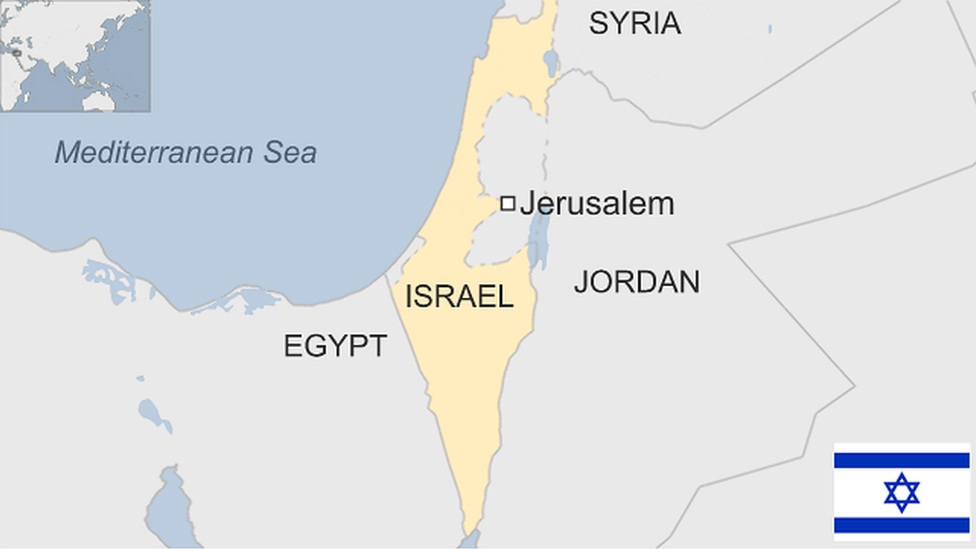Israeli Labour Party elects political newcomer Avi Gabbay
- Published

Avi Gabbay headed Israeli telecommunications company Bezeq
A former businessman with little political experience has been elected head of Israel's opposition Labour Party.
In a runoff, Avi Gabbay took 52% of the vote against former party leader Amir Peretz.
Mr Gabbay, 50, ran a telecommunications firm before entering politics and has never been a member of parliament.
The Labour Party has been seeking a new face to boost its standings in the polls.
Mr Gabbay, who only joined the party in December, told hundreds of jubilant supporters in Tel Aviv that he represented a credible alternative to Israeli Prime Minister Benjamin Netanyahu.
"To anyone who doubted the vitality of Israeli democracy, to anyone who eulogised the Labour Party, this night is their answer," he said.
"Tomorrow, on Tuesday, the journey toward the election to change the Israeli government begins."

Who is Avi Gabbay?
Grew up in Jerusalem's Baka district, the son of immigrants from Morocco
A former intelligence officer in the Israel Defense Forces
Headed Israeli telecommunications company Bezeq before leaving in 2013
One of the founding members of the centrist Kulanu party which won 10 seats in the 2015 election
He resigned in 2016 in protest at the appointment of hardliner Avigdor Lieberman as minister of defence

In last week's first round of voting, Mr Gabbay won 27.1% and Mr Peretz 32.7% with incumbent Labour leader Isaac Herzog coming third with 16.7%.
Mr Peretz entered the second round favourite to win after Mr Herzog gave him his backing.
Mr Herzog has been heavily criticised for Labour's slide in the opinion polls and also for his attempts to negotiate a place in Mr Netanyahu's right-wing coalition.
Israel's last Labour prime minister was Ehud Barak who was in office from 1999 to 2001. The next general election is due in 2019.
- Published15 December 2016

- Published13 October 2023
